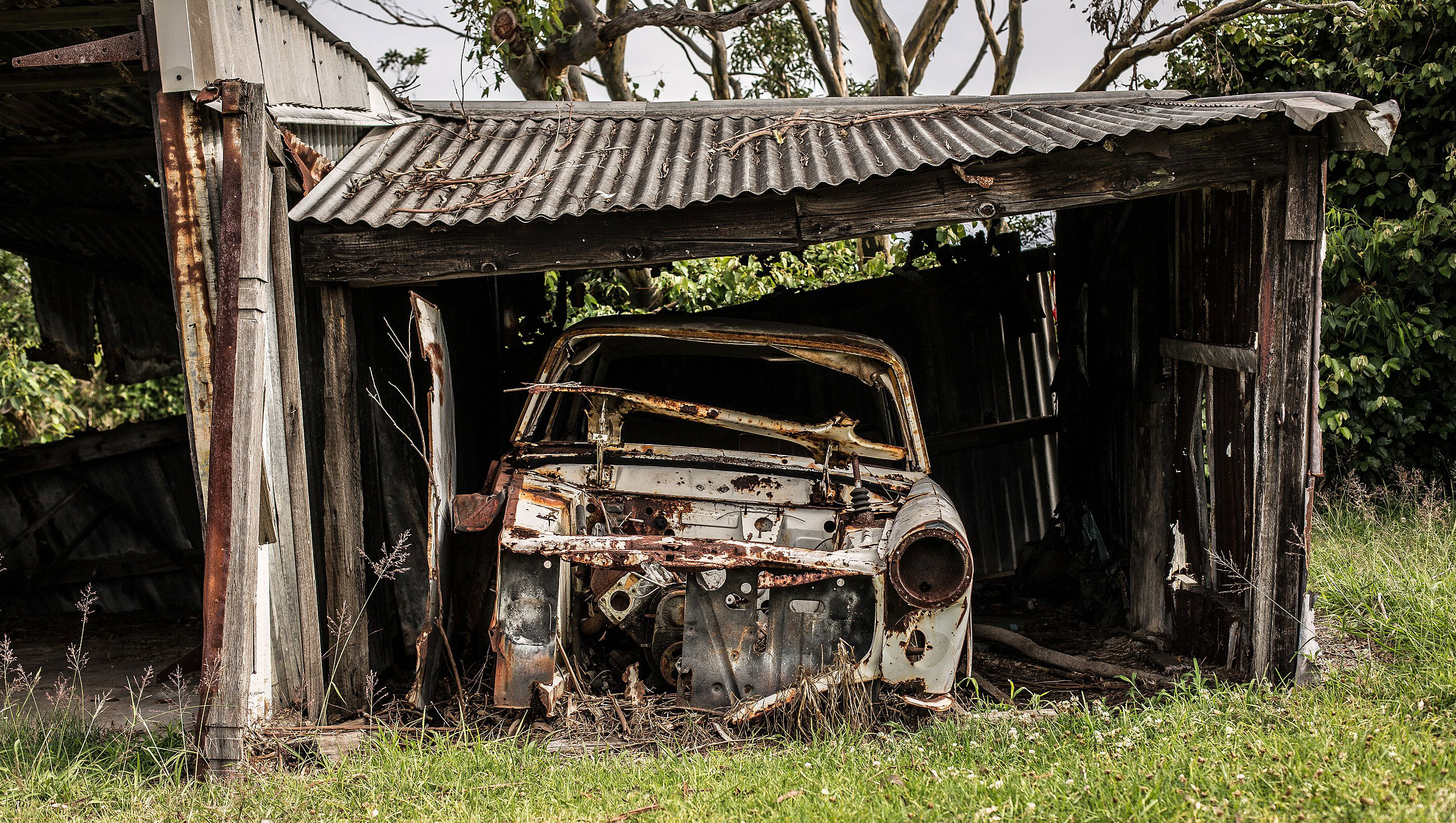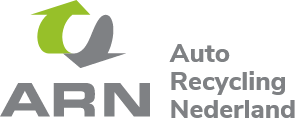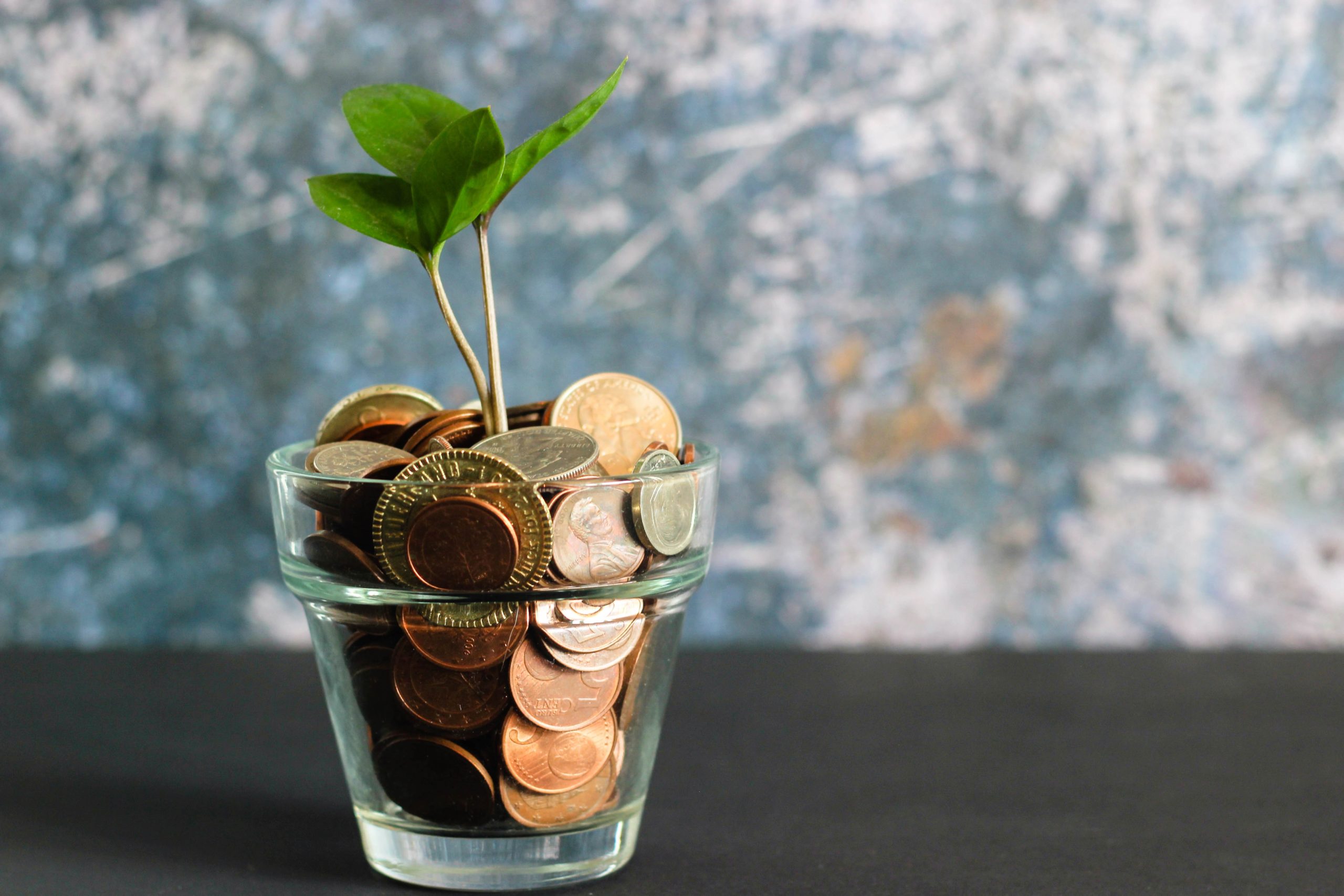Consolidated balance sheet and consolidated profit and loss account
2021 financial report
At ARN, it’s all about the responsible and high-value recycling of cars. As an implementing organisation, we facilitate the complete car-recycling chain: from the collection of end-of-life vehicles to be dismantled, to the gainful reuse of the parts and raw materials recovered from them.
Stichting Auto Recycling Holding
Total
2021
Total
2020
Consolidated balance as per 31 December
(after appropriation of result, in euros)
1. Intangible fixed assets
301,362
316,874
2. Tangible fixed assets
110,182
142,017
3. Financial fixed assets
83,644,213
69,509,728
Total fixed assets
84,055,757
69,968,619
4. Receivables
9,138,297
9,668,304
5. Liquid assets
11,383,885
12,599,176
Total current assets
20,522,182
22,267,480
Total assets
104,577,939
92,236,099
6. Equity capital
14,521
14,521
Total equity capital
14,521
14,521
7. Recycling fee fund
65,468,983
62,920,646
8. Battery management fund
29,201,784
22,299,123
9. Provisions
6,650,000
3,100,000
10. Long-term liabilities
9,666
9,711
11. Short-term liabilities
3,232,985
3,892,098
Total liabilities
104,563,418
92,221,578
Total liabilities
104,577,939
92,236,099
Consolidated profit and loss account
(in euros)
12 Income from recycling fees
15,037,326
11,869,973
13. Income from battery management contributions
6,401,741
7,304,153
14. Income from investments
5,553,369
3,541,846
15. Other incomes
86,815
302,340
Total incomes
27,079,251
23,018,312
16. Turnover costs
14,045,698
13,774,902
17. Costs of outsourced work and other external costs
1,325,538
1,469,909
18. Wages and salaries
1,441,902
1,652,405
19. Social security and pension costs
381,003
395,392
20. Depreciation of fixed assets
135,517
595,589
21. Other impairments
0
2,598,843
22. Interest payable and similar costs
226,347
188,512
Total operating costs
17,556,005
20.675,552
Operating result
9,523,246
2,342,760
23. Taxation on result
-72,248
-74,690
Result after taxes
9,450,998
2,268,070
Mission
Our mission might seem straightforward, but in practice it is challenging for both ARN and the relevant chain partners: i.e. realising 95 per cent recycling performance as effectively and efficiently as possible and thus guaranteeing the continuity of car recycling.
Optimum performance in the area of sustainability depends on three factors: economy (costs), ecology (CO2 footprint) and the recycling percentage. At ARN, we continuously aim for the best-possible balance between these three factors.

Developments during the financial year
Covid-19 crisis
In 2021, the business operations of ARN Holding B.V. continued to be impacted by the still-effective government measures in response to the Covid-19 crisis. However, we were able to mitigate the negative effects by taking several cost-saving measures and by cancelling or postponing a number of projects.
Universally binding obligation
To enable us to fulfil our legal obligations in the environmentally responsible recycling of end-of-life vehicles, buyers of new passenger cars and commercial vehicles must pay a recycling fee. With the enforcement of the universally binding declaration of the 2020-2025 recycling agreement, from 30 April, 2021 onwards, the recycling fee has been payable on all cars that are registered in the Netherlands, including imported vehicles. On this basis, in 2021 a recycling fee was collected for 374,709 new vehicles (410,302 in 2020) and 231,827 imported vehicles (0 in 2020).
In the case of parallel (grey) imports, the recycling fee is collected by the RDW, the governmental department responsible for registering motorised vehicles and issuing driving licenses in the Netherlands. When registering a parallel-import car, the applicant pays the recycling fee via the RDW. The recycling fees collected by the RDW are transferred to Stichting Auto Recycling on a monthly basis. For specific information about the new recycling fee, go to www.wemakenerietsmooisvan.nl
Merger
On 10 November, 2021 ARN Auto Recycling B.V. merged with ARN Holding B.V., whereby ARN Auto Recycling B.V. was absorbed into ARN Holding B.V. The name of ARN Holding B.V. was changed to ARN Auto Recycling Nederland B.V.
Management change
On 22 December, 2021 there was a management change at Stichting Autobatterij Recycling, whereby Stichting Auto Recycling Holding stepped down and was replaced by Nederlandse Vereniging “De Rijwiel- en Automobiel-Industrie” (the Netherlands association “two-wheeler and automobile industry”). Despite this change, the 2021 results of the Stichting were included in the consolidated balance sheet and profit and loss account of the Stichting Auto Recycling Holding. This, so that a proper comparison with 2020 could be made.
Report
The consolidated balance sheet and the consolidated profit and loss account include the 3figures of Stichting Auto Recycling Holding, Stichting Auto Recycling, Stichting Autobatterij Recycling and ARN Auto Recycling Nederland B.V.
The consolidated annual statement of ARN Auto Recycling Nederland B.V. was drawn up on the basis of Part 9 of Book 2 of the Netherlands Civil Code. The annual statements of the Stichtingen (foundations) were based on their own principles. The main differences with Part 9 Book 2 are the establishment of the recycling fee fund, the establishment of the battery management fund and the non-consolidation of its group companies in the annual statement of Stichting Auto Recycling.

Explanation of the 2021 financial report
- Intangible fixed assets
The intangible fixed assets comprised purchased software, amortised to a value of zero over five years on a linear basis. - Tangible fixed assets
Tangible fixed assets included machines, installations and other fixed company assets. At the end of 2021, ARN Auto Recycling Nederland B.V. had 186 drainage units (191 in 2020), which were on loan to affiliated car-dismantling companies. - Financial fixed assets
Stichting Auto Recycling and Stichting Autobatterij Recycling placed the management of the investment portfolio with two asset managers. The relevant monies were invested in both bond and equity funds. The asset managers were instructed to adopt a defensive and sustainable investment strategy, based on the investment statute of both stichtingen (foundations). In this way the risks associated with investments were kept to a minimum and sustainable investment was guaranteed. The divestment of the ARN Recycling B.V. subsidiary in 2020 resulted in a long-term receivable for the period 2023-2025. - Receivables
This entry comprised mainly of debtors, yet-to-be-invoiced management fees for batteries, a short-term receivable resulting from the 2020 sale of the ARN Recycling B.V. subsidiary and other receivables. - Liquid assets
The funds of Stichting Auto Recycling Holding, Stichting Auto Recycling, Stichting Autobatterij Recycling and ARN Auto Recycling Nederland B.V were placed in the care of creditworthy banking institutions. - Equity capital
The foundation capital was deposited by the management of RAI Vereniging, BOVAG, FOCWA and STIBA, with each organisation depositing a proportional share of the capital. - Recycling-fee fund
The annual result of the Stichting Auto Recycling, as it pertains to the management of the ELV Directive (Bba), is incorporated into the recycling-fee fund. The result, in relation to the ELV Directive, can be seen in the statement of incomes and expenditures and is added to or deducted from the recycling-fee fund. The fund is meant for expected and unexpected future expenditures. - Battery-management fund
The annual result of the Stichting Autobatterij Recycling, as it pertains to battery-management legislation (Bbb), is incorporated into the battery-management fund. The result, in relation to the Bbb, can be seen in the statement of incomes and expenditures and is added to or deducted from the battery-management fund. The fund is meant for expected and unexpected future expenditures. - Provisions
Based on the expected associated costs, a provision was set aside in 2020 for the intended transfer of the drainage installations to the car-dismantling companies. Added to this in 2021 were R&D compensation costs to be paid out to car-dismantling companies, as well as passed-on cost increases. - Long-term liabilities
The affiliated car-dismantling companies paid a deposit for the use of logo signs. As of 31 December 2021, there were 213 affiliated car-dismantling companies (214 in 2019). - Short-term liabilities
Short-term liabilities comprised mainly creditors, the entry for materials obligation car-dismantling companies and the contractually agreed contribution to the operating costs of HKS Tiel, minus the second instalment of the divestment proceeds from the PST factory.
The entry for the materials obligation for car-dismantling companies represents the outstanding administrative compensation still to be paid to car-dismantling companies and the expected costs of collection and processing. The obligation is linked to the outstanding materials balances per company. Outstanding materials balances are the result of materials that are still in the packaging or end-of-life vehicles that are due to be dismantled, or already removed but not yet claimed. - Income from recycling fees
During the course of 2021, a recycling fee was collected for a total of 374,709 new registered vehicles (410,302 in 2020) and 231,827 imported vehicles (0 in 2020). - Income from battery-management fees
The management fee for Li-ion batteries depends on the weight of the battery and was between €6 and €135, including VAT. The management fee for lead (starter) batteries was €0.05, excluding VAT. In 2021, management fees were collected for 123,232 batteries for electric cars (100,608 in 2020) and 1,180,401 lead (starter) batteries (954,561 in 2020). - Income from investments
Stichting Auto Recycling and Stichting Autobatterij Recycling instructed asset managers to adopt a defensive strategy by investing mainly in bonds and shares. The reported income was earned from dividends and interest on bonds. - Other incomes
Other incomes comprise passed-on costs as agreed in the Service Level Agreement with Stichting Scooter Recycling Nederland and Stichting Instituut voor Duurzame Mobiliteit. The figures for 2020 have been reclassified to allow for comparison with 2021. - Turnover costs
In 2021, the 213 affiliated car-dismantling companies (214 in 2020) dismantled 178,136 end-of-life vehicles (186,300 in 2020). The appropriate administrative payments were made to these car-dismantling companies. Moreover, the turnover costs comprised the costs of collection and processing of the ARN materials, the servicing and maintenance of the drainage installations, the appropriation to the provision for the transfer of assets and the contractually agreed contribution to the operating costs of the PST factory. - Costs of outsourced work and other external costs
These include the costs of publicity, accommodation, offices, transport and other operating costs. The figures for 2020 have been reclassified to allow for comparison with 2021. - Wages and salaries
ARN’s average workforce comprised 18.6 FTEs (20.7 FTEs in 2020). Moreover, the management board of Stichting Auto Recycling Holding had four directors, while ARN Auto Recycling Nederland B.V. had a Supervisory Board populated by three members. - Social security and pension costs
In addition to the statutory social-security contributions, this entry comprised pension costs. From the moment they start work, employees aged 21 and older participate in a collective pension scheme. - Depreciation of fixed assets
These depreciations were mainly software-related. - Other impairments
As a result of the proposed transfer of drainage installations to the car-dismantling companies, in 2020 ARN Auto Recycling Nederland B.V. experienced an exceptional impairment of the tangible fixed assets. - Interest payable and similar costs
These mainly comprised investment-management costs. - Taxation on result
For tax-related reasons, ARN Auto Recycling Nederland B.V. constituted a single fiscal entity.

